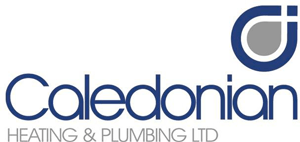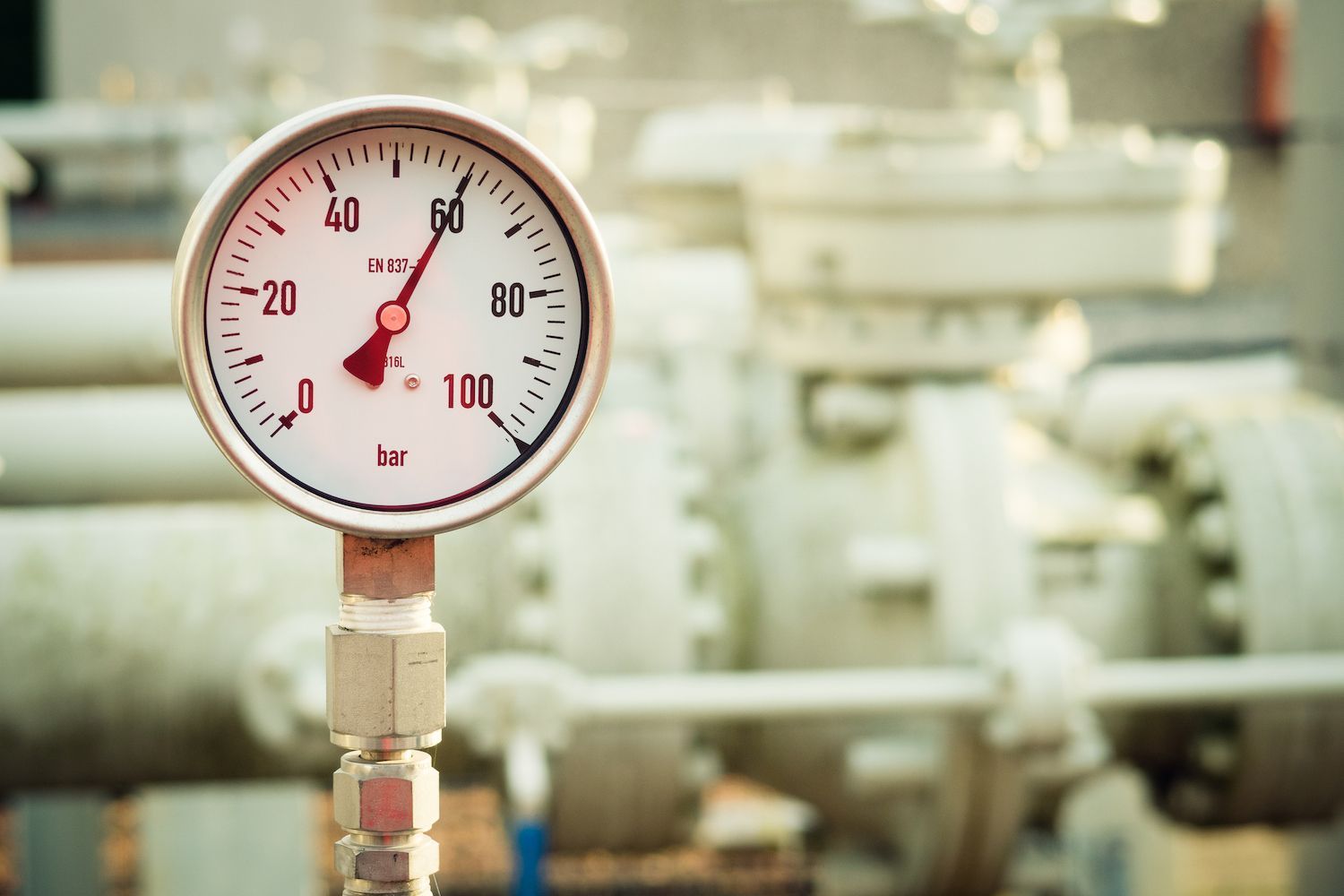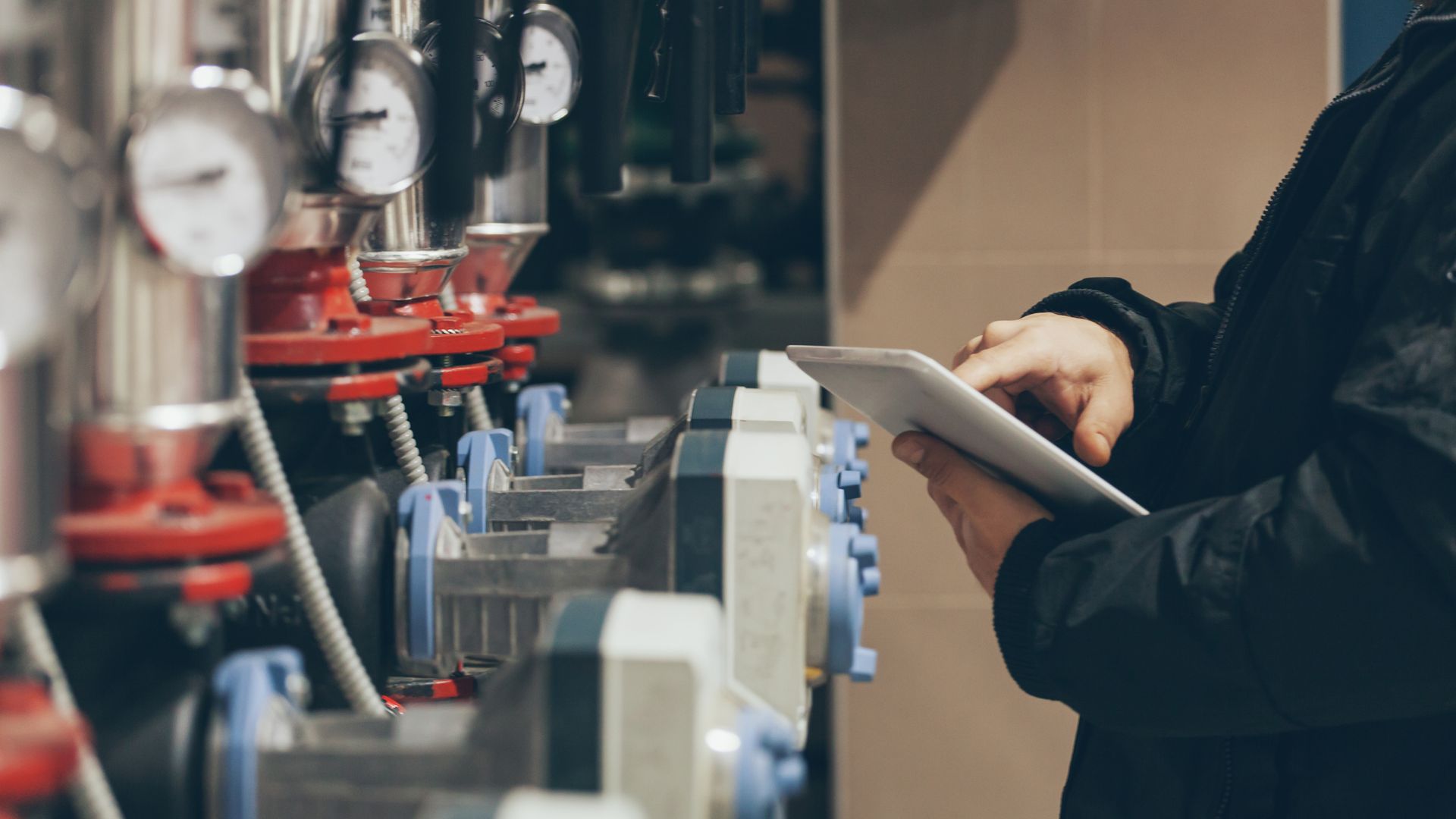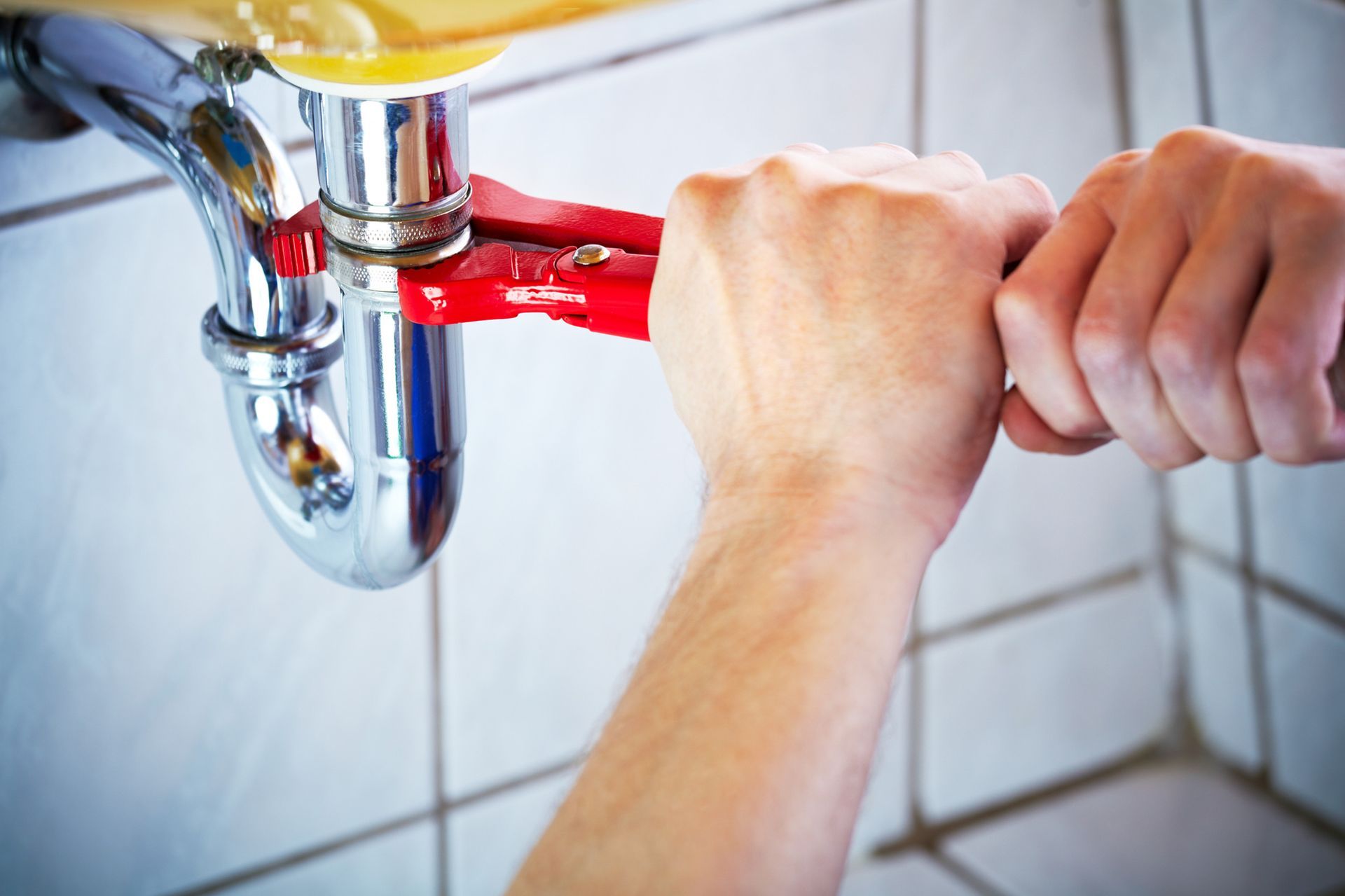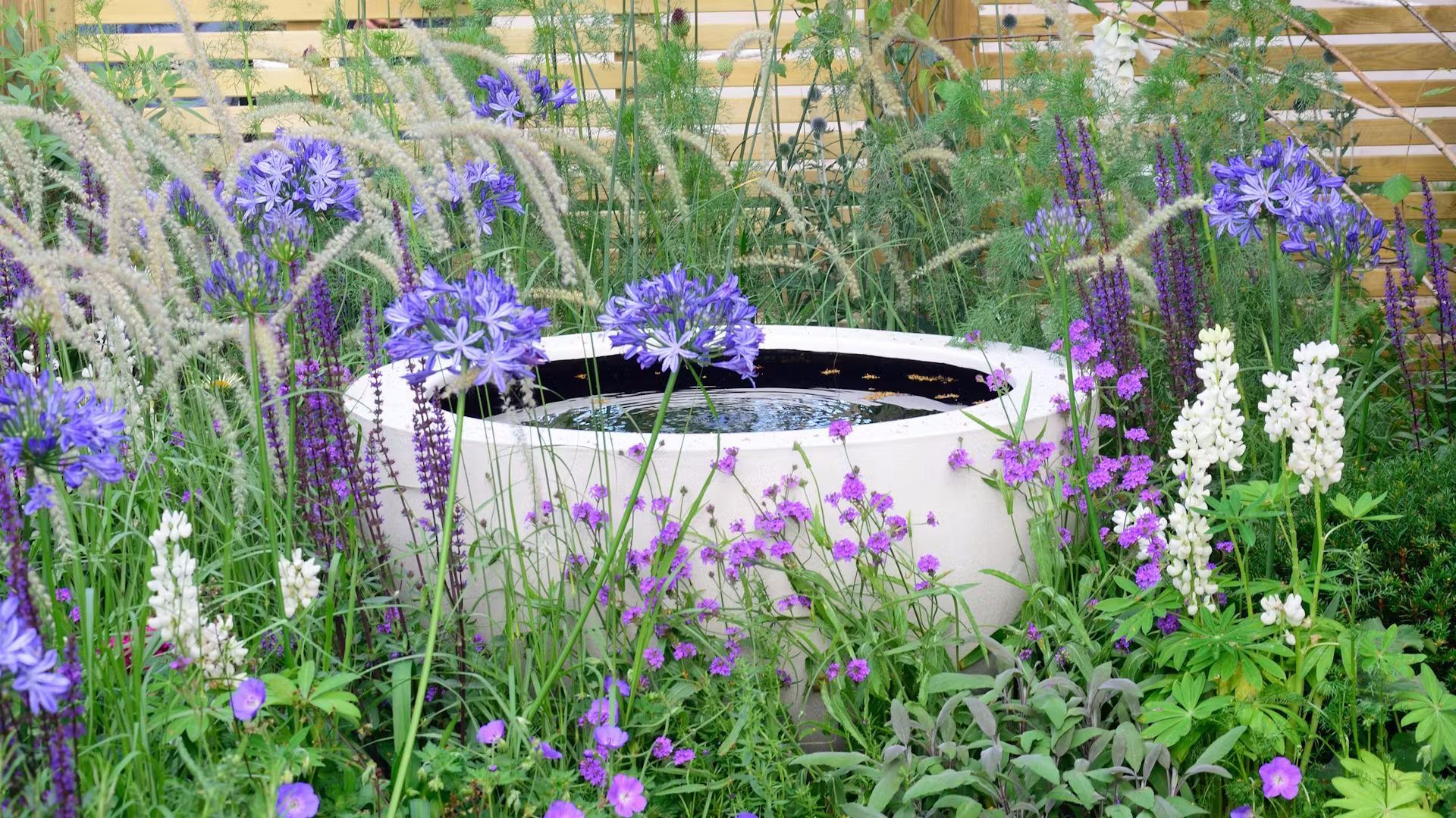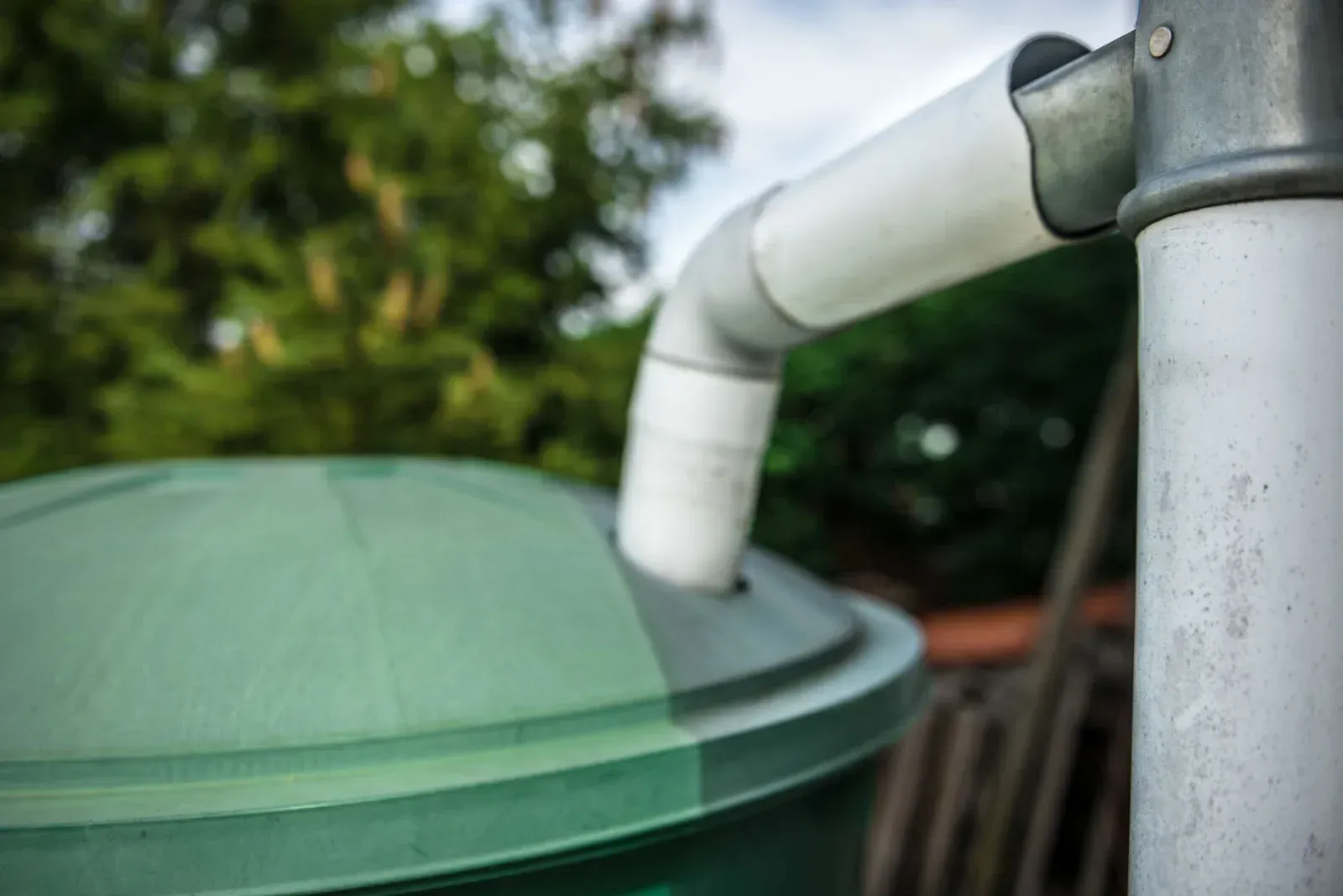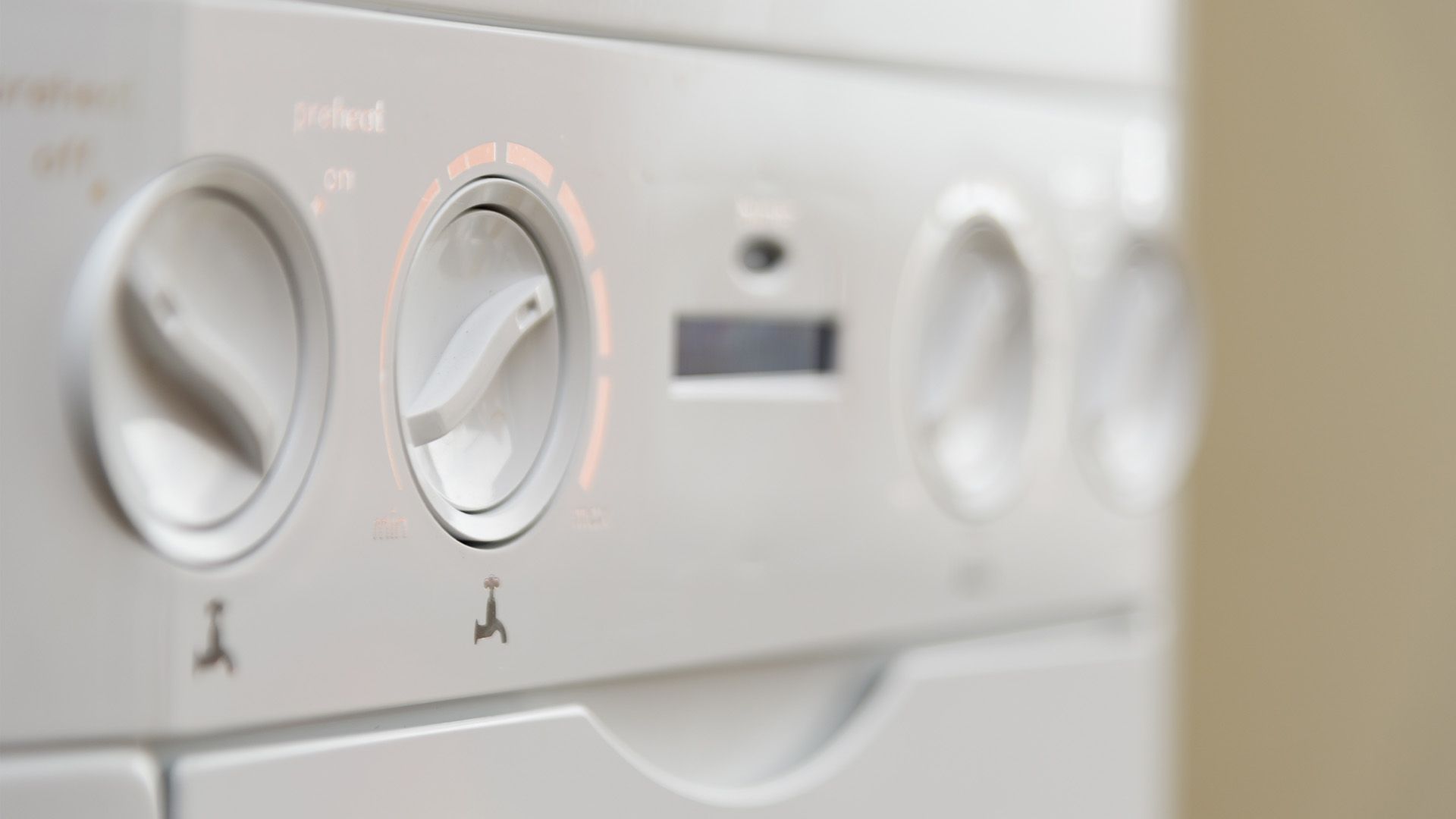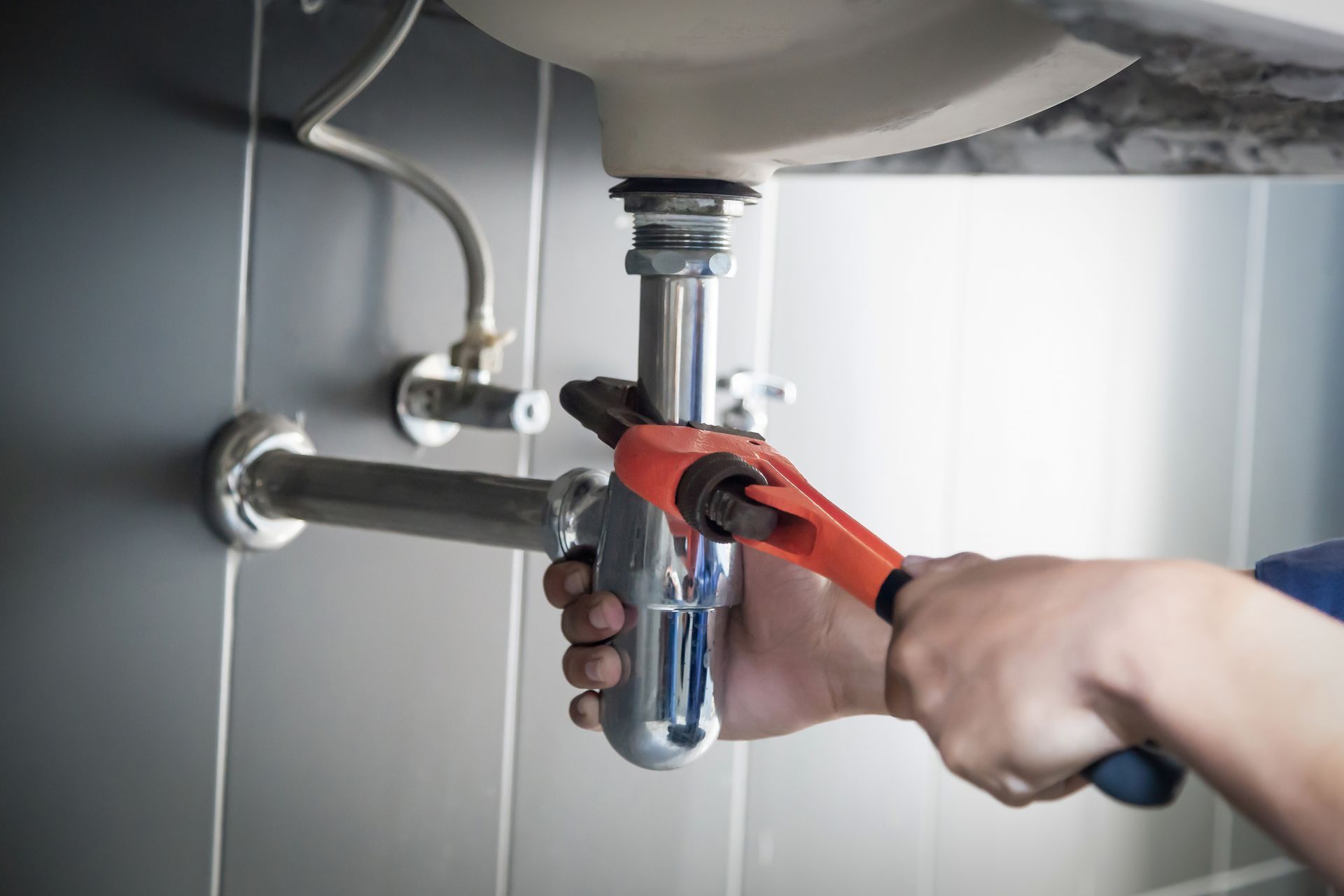What is a Legionella Risk Assessment and Why Does it Matter?
Under the Health and Safety Work Act 1974, conducting a Legionella risk assessment is a legal requirement to keep those in buildings as safe as possible from contracting a water-borne disease. Read on to discover what a Legionella risk assessment is and understand their benefits.
What is a Legionella risk assessment?
A Legionella risk assessment survey examines the potential risks presented by engineered water systems and primarily seeks to identify and assess the risks of exposure to Legionella bacteria from work activities and water systems. While there is no solid way of guaranteeing that pathogenic microorganisms such as Legionella bacteria will not exist in engineered water systems, through proactive risk management and effective control procedures, you can significantly reduce the factors that allow such bacteria to proliferate in water systems.
Legionella testing involves an assessor checking the temperature of each water outlet for stagnated water and dead legs and for any other potential threats. They will then supply you with your own copy of the risk assessment, which includes:
● site survey data
● an asset register
● observations with photographic evidence
● a property risk rating
● recommendations to reduce the risk
● a schematic drawing of the water system
● a Legionella monitoring regime
● microbiological analysis
Who should conduct a Legionella risk assessment?
If you are a building manager, a landlord, or an employer, it is important that you understand the health risks associated with Legionella and carry out a Legionella risk assessment. It’s required by law to have Legionella risk assessments carried out on all buildings which can be accessed by the public or are a place of work. This can include rented accommodation, office blocks, care homes, supermarkets, hotels, churches, leisure centres, pavilions, schools, hospitals and more.
What are the benefits of a Legionella risk assessment?
If humans breathe in aerosols containing Legionella bacteria, they may contract Legionnaires disease. Water droplets, wherever water is warm, and a spray is produced, can then make their way via aspiration into the lungs, which then become infected. This disease is severe and potentially fatal; it is hazardous to at-risk groups such as people suffering from chronic diseases, diabetics, and those with weakened immune systems. Serious complications from the disease can include respiratory failure, shock, and acute renal and multi-organ failure.
Therefore, a Legionella risk assessment will determine the likeliness of Legionella bacteria forming in your water system and will identify the steps needed to reduce that risk.
For reliable and experienced water risk assessments, work with Caledonian Heating & Plumbing Ltd. Our detailed risk assessments will help you comply with water-related bylaws and identify potential hazards within your water systems. We also offer remedial and corrective work based on the recommendations in the assessments. Get in touch with us today to find out more about our comprehensive services.
